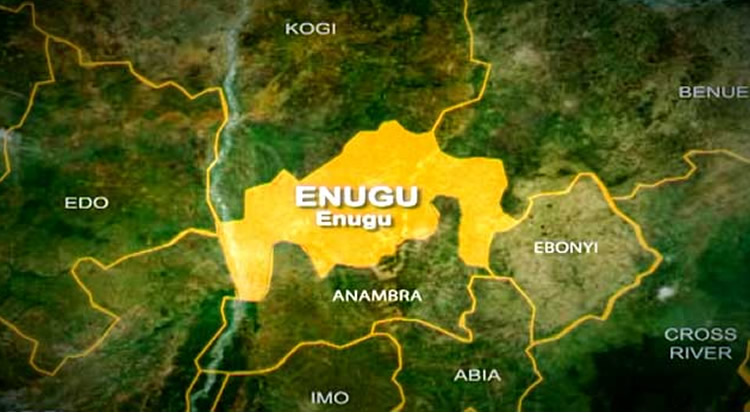Private school owners in Enugu State, Nigeria, have expressed grave concerns regarding the government’s imposition of exorbitant taxes and fees that threaten the viability of their institutions. The proprietors report that the new tax regime has increased annual renewal fees by over 2,500 percent, shooting from N30,000 to as much as N450,000 to N2.2 million, depending on the school’s type and size. These new financial burdens have left many private institutions struggling to survive, with a significant number resorting to closures. Emeka Grahams, the Chairman of the Association of Private School Owners of Nigeria, articulated frustration during a press conference, indicating that appeals to the government for relief have largely gone unanswered.
The Enugu State government aims to enhance educational standards through various initiatives, such as the Smart School Project, intended to integrate modern technology and infrastructure. However, the steep taxation trend coinciding with these initiatives has created an inhospitable environment for private schools. Recent government actions include multiple school closures attributed to poor infrastructure and allegedly substandard educational offerings, which are perceived as a direct consequence of the financially crippling tax policies imposed on private institutions. Grahams highlighted the miserable plight of teachers working in these schools, emphasizing that while the government struggles to create jobs, it is inadvertently causing layoffs in the private education sector.
The existing tax structure, as delineated by Grahams, encompasses various fees broken down by educational levels, leading to burdensome costs. For instance, private institutions catering to students from nursery to senior secondary levels now face financial requirements that add up to approximately N2.2 million annually. This extensive taxation contradicts the practices in other states like Lagos, Rivers, and Abuja, suggesting a targeted attempt to drive private schools out of business while simultaneously depriving parents and children of essential educational opportunities. Proponents argue that the government has shifted focus from quality educational standards to mere revenue collection, which is detrimental to the overall schooling landscape in the state.
Additional commentary by Dr. Ejiofor Godwin, the president of the Proprietors Association of Private Schools in Southeast Nigeria, underscores the inadequacy of these tax measures concerning education quality improvements. He asserts that private schools play a crucial role in augmenting the state’s internally generated revenue. Instead of imposing crippling taxes, the government should promote the sustainability and growth of private educational institutions. Godwin broke down the exorbitant fees by category, illustrating that to maintain basic educational services, private schools would be forced to increase tuition drastically, which could deter parents and affect student enrollment, particularly as public schools often offer subpar educational options.
Furthermore, the coercive tax policies spark concerns about significant tuition hikes that will diminish access to quality education for many families. Godwin and other school proprietors have called for a three-year grace period to allow schools to enhance their infrastructure and facilities before applying such high fees. Their requests for material and financial assistance, as well as the establishment of a more equitable fee structure based on each institution’s unique circumstances, were met with resistance from the state government.
Legal considerations also underscore the conflict between private school taxation and constitutional provisions for education in Nigeria. Mr. Ogbuka JMCC, representing the private school owners, emphasized that, per Nigerian law, private schools should not be subject to such taxation as education is recognized as a constitutional right. He described the state’s actions as a violation of Section 18 of the Constitution, which mandates compulsory free education, asserting that any excessive levies imposed on private schools are constitutionally invalid. Thus, the struggle of private school owners in Enugu State reflects a critical intersection of educational policy, economic viability, and constitutional law that demands urgent attention and resolution from the government.


